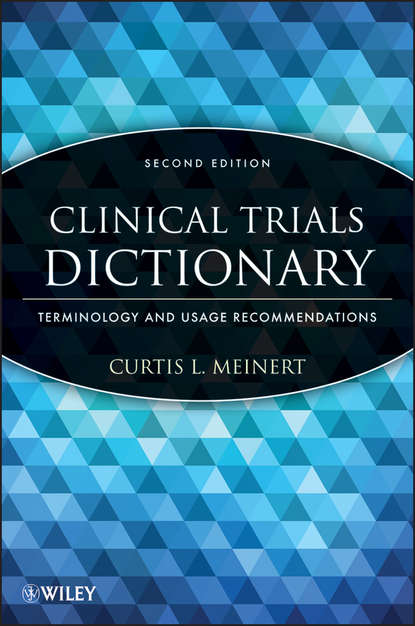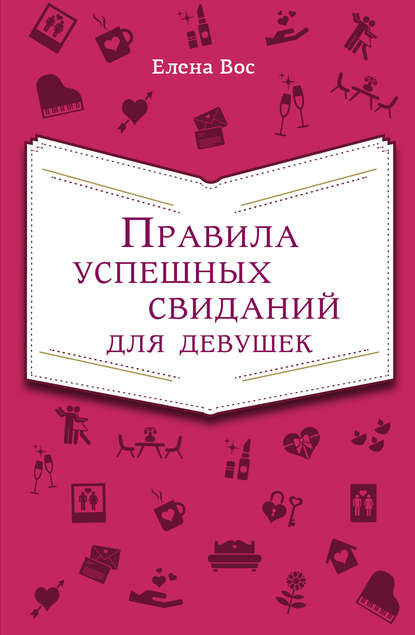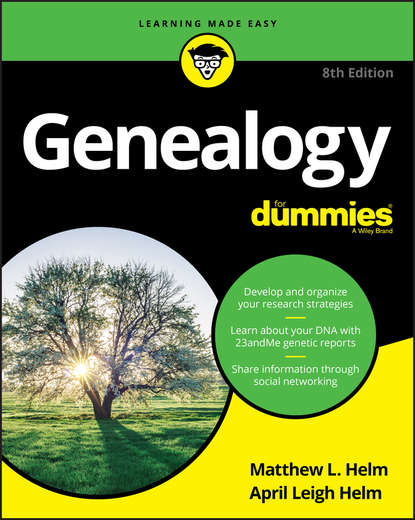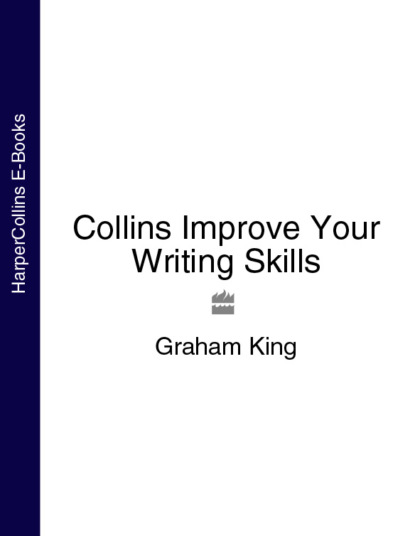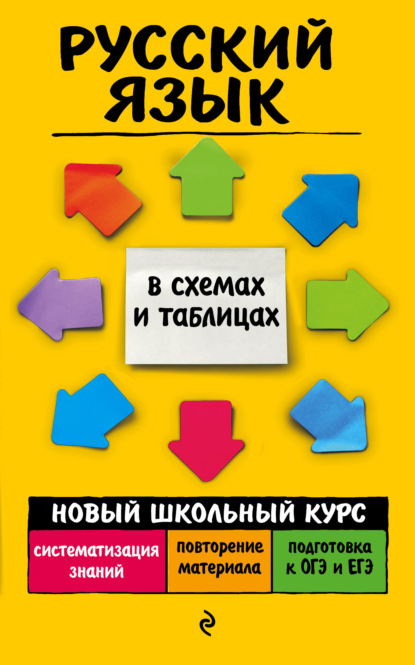"Словарь клинических исследований: терминология и рекомендации по использованию" - это обновленное издание важного справочника по дизайну, практике и анализу клинических исследований. Книга содержит четкие, точные и детальные определения всех аспектов современных клинических исследований. Автор - один из ведущих специалистов в области клинических исследований - включил в книгу области медицины, статистики, эпидемиологии, компьютерных наук и биоэтики, обеспечивая богатый выбор ключевых терминов и идей. В новом издании более 300 новых терминов, отражающих современные практики и конвенции в области, включены в словарь, а также приведены заметки с рекомендациями по использованию термина в каждом конкретном случае. Подробные биографические заметки описывают выдающихся исторических фигуры и институты в этой области. Обширная библиография обновлена для того, чтобы предоставить читателям дополнительные ресурсы для дальнейшего изучения. Это самый актуальный справочник в своем роде и является необходимым для всех, кто нуждается в отчетах, индексации, анализе или оценке научной силы и достоверности клинических исследований.
A thoroughly updated, new edition of a clinical trial‘s bible. Faces and bonds with bigger questions Than plans of singleness.
Электронная Книга «Clinical Trials Dictionary. Terminology and Usage Recommendations» написана автором Curtis Meinert L. в году.
Минимальный возраст читателя: 0
Язык: Английский
ISBN: 9781118315262
Описание книги от Curtis Meinert L.
A thoroughly updated new edition of the essential reference on the design, practice, and analysis of clinical trials Clinical Trials Dictionary: Terminology and Usage Recommendations, Second Edition presents clear, precise, meticulously detailed entries on all aspects of modern-day clinical trials. Written and compiled by one of the world’s leading clinical trialists, this comprehensive volume incorporates areas of medicine, statistics, epidemiology, computer science, and bioethics—providing a treasure trove of key terms and ideas. This new edition continues to supply readers with the A–Z terminology needed to design, conduct, and analyze trials, introducing a vocabulary for the characterization and description of related features and activities. More than 300 new entries are now included, reflecting the current usage practices and conventions in the field, along with usage notes with recommendations on when to use the term in question. Detailed biographical notes highlight prominent historical figures and institutions in the field, and an extensive bibliography has been updated to provide readers with additional resources for further study. The most up-to-date work of its kind, Clinical Trials Dictionary, Second Edition is an essential reference for anyone who needs to report on, index, analyze, or assess the scientific strength and validity of clinical trials.
